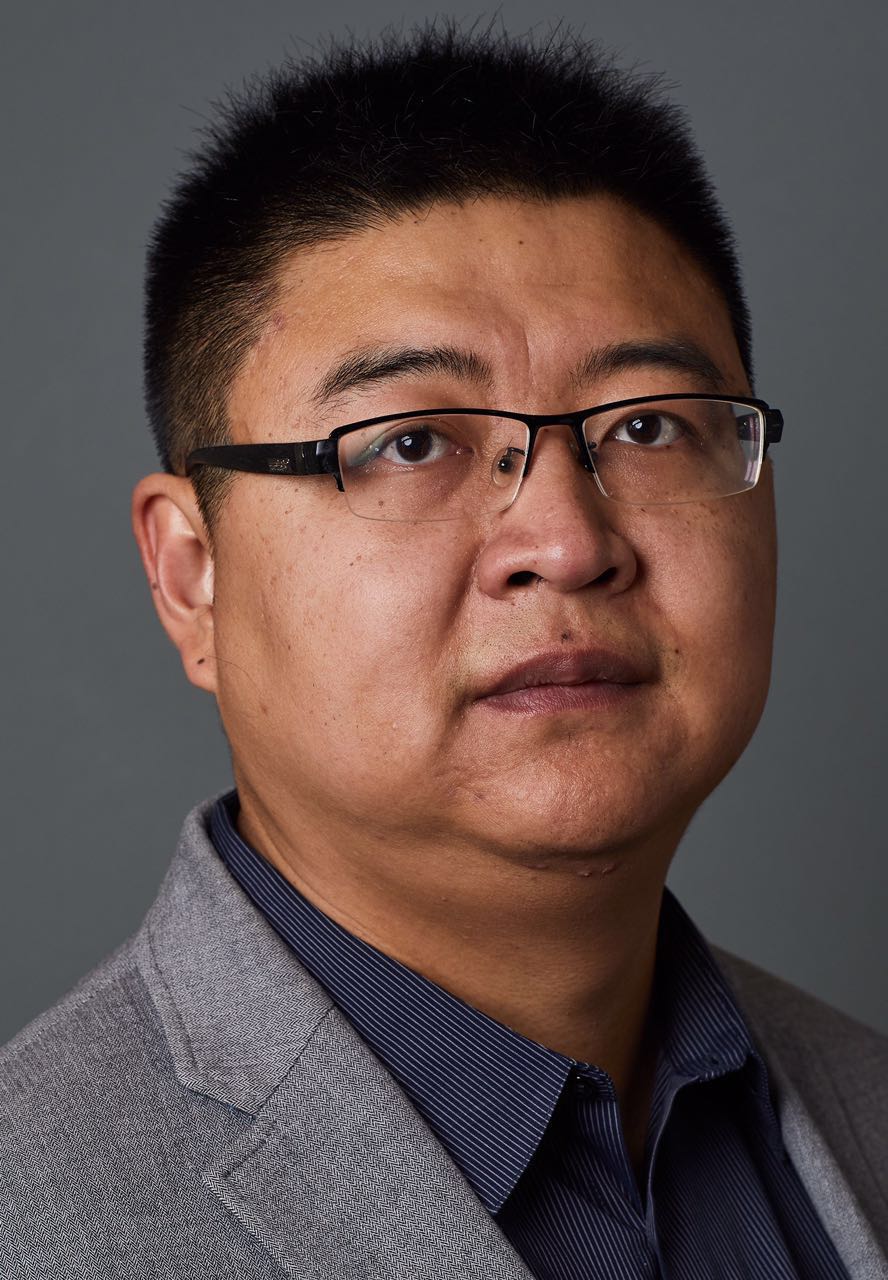
Dr. Fei Wang
The Sanofi iDEA (innovations in Data Exploration & Analytics) Awards initiative provides funding to top researchers across the country to help solve some of R&D’s biggest challenges in drug design and clinical development. Dr. Fei Wang, associate professor of population health sciences at Weill Cornell Medicine, was one of just six selected for this funding cycle.
For his project, “Deep Learning for Treatment Effect Estimation from RWD to Inform Oncology Clinical Trial with an application to SERD,” Dr. Wang is collaborating with the scientists and domain experts at Sanofi, including the clinical modeling and evidence generation, data and digital science team. Together, they hope to develop artificial intelligence (AI) based approaches, especially deep learning techniques, for estimation of treatment effects using real-world data (RWD) like electronic health records and claims to enhance their comparability with randomized controlled trials (RCT). Using oncology as their case study, the team is also working to develop AI based approaches to better understand treatment response heterogeneities.
Evidence derived from RCT may not generalize well to real world patients because of the stringent design of the eligibility criteria. To overcome that challenge, this project uses RWD or real-world evidence (RWE). “Deriving insights from real world data can help us better understand the treatment effects on real-world patients and inform better clinical trial design.”
In recent years, large amounts of RWD have been accumulated in the United States. It is typically in much larger scale and “dirtier” than the data from RCT due to different vendor systems, the potential for incomplete data and other challenges. However, RWD represents actual populations, making it more generalizable and applicable to varying cases than RCT. AI techniques, especially deep learning models, have demonstrated strong potentials on analyzing complex data. “Given the importance of RWE in drug development, it is the right time to explore the potential of AI technologies in analyzing RWD,” Dr. Wang said.
A public-private partnership like the iDEA Awards initiative has the potential to help accelerate research in this area beyond either sector working independently. “Sanofi is one of the biggest pharmaceutical companies all over the world. They have abundant experience on drug development and own the expertise on the entire process,” Dr. Wang said. “They also have the right RWD data sets and the knowledge on what to expect from the RWD analysis. I have been working on AI for around 18 years and specifically focusing on RWD analysis for about 11 years. Therefore, our collaboration can seamlessly combine our complementary expertise and make efficient progress on the proposed research.”
Selected projects receive up to $150,000 of seed funding for one year, but Dr. Wang has plans beyond that. “While this project is about oncology drugs with a focus on specific types of cancers, the methodologies developed from this project are general and can be applied for other diseases and drugs as well.” One of his long-term goals is to develop general AI methodologies for drug development evidence generation and clinical trial design from RWD.
The highly competitive award is noteworthy for Dr. Wang. “This means recognition of my past research and provides an opportunity for me to collaborate with the world’s top-notch pharmaceutical company to conduct cutting-edge research.”
The Department of Population Health Sciences addresses the intersection of health and practice. Serving as a collaborative and interdisciplinary hub for clinical research, the Department aims to improve the health of populations and reduce inequities through applied research, technological innovations and novel education programs.
- Awards & Achievements

